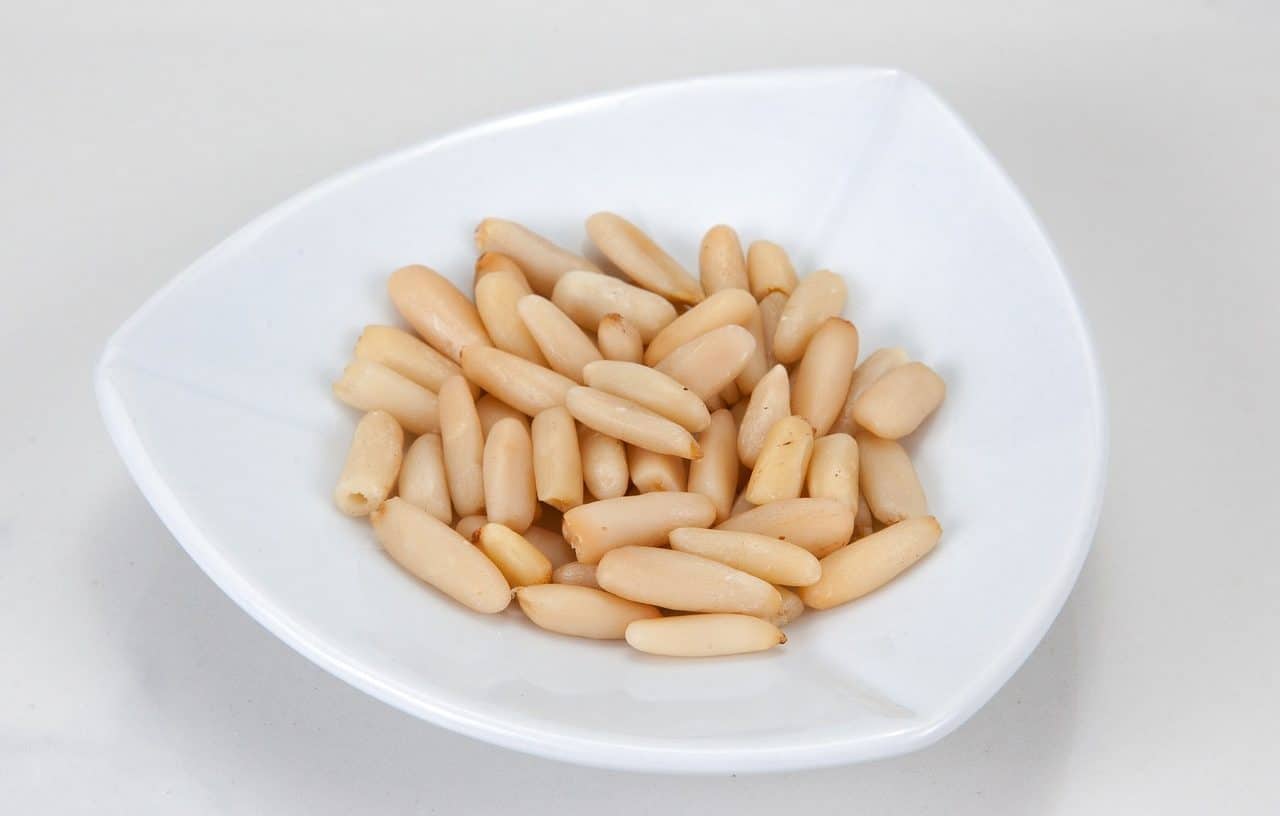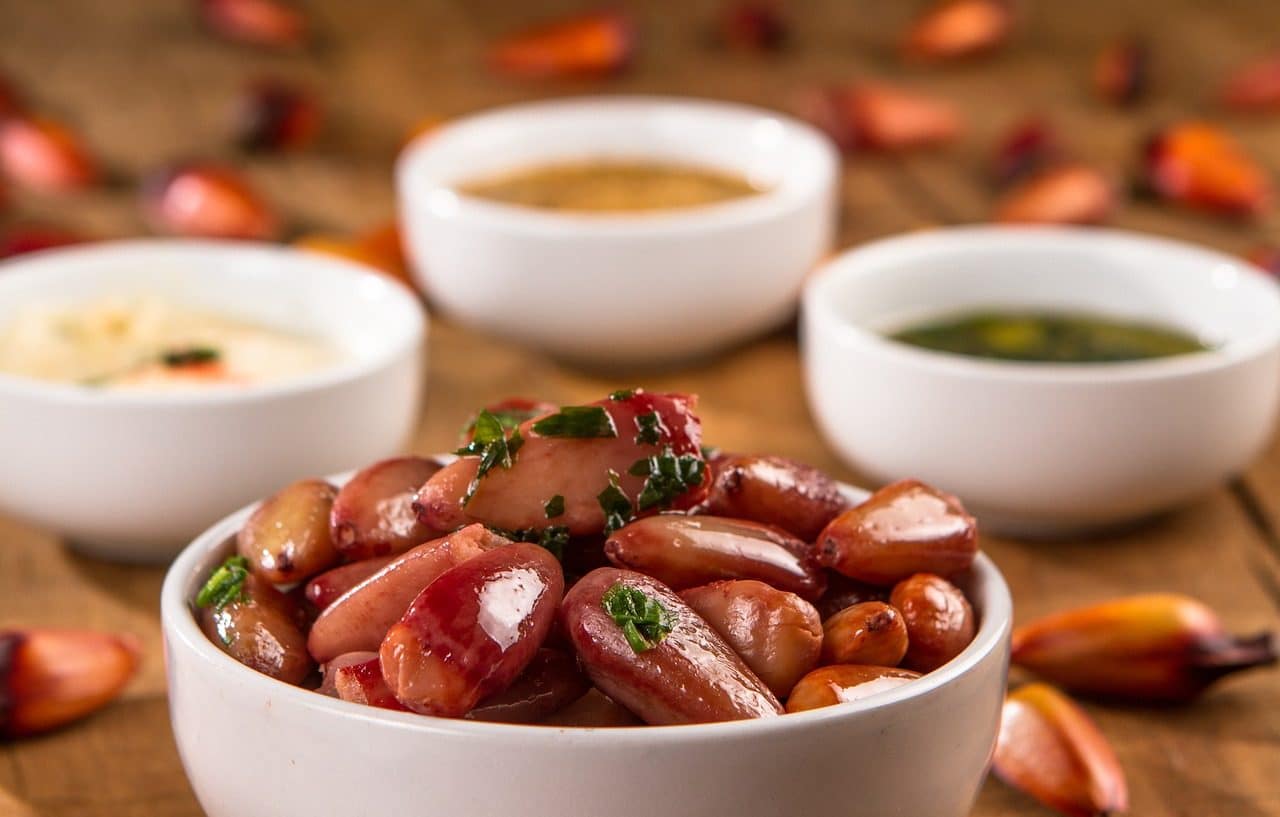
The pine seed is called pine nut.
The pine nut is the seed of the pine tree . Since pine is the name given to various species of conifers , pine nuts can have very different characteristics, measuring from two to twenty millimeters in length depending on the case.
The pine nut of the stone pine (the tree whose scientific name is Pinus pinea ) and other pine species, for example, can be ingested as food . It is a light-colored almond that is characterized by its sweet flavor.
The pine nuts have a very hard coating. Under refrigerated conditions they can be preserved for a long time , especially if they have their shell. Heat and humidity, on the other hand, are harmful to these seeds .
Health benefits of pine nuts
The pine nut can be used in various recipes , both sweet and savory. It is a highly recommended food for being one of the most complete and nutritious , since it contains monounsaturated and polyunsaturated fatty acids; vitamins A, B, C, E, B2, B3, B6 and B9; calories; potassium; phosphorus; iron; zinc; proteins; fiber; sodium; calcium; magnesium; and carbohydrates.
Thanks to the fatty acids, the pine nut is a great source of energy ; In addition, it facilitates the absorption of fat-soluble vitamins and protects the liver, kidneys and heart, among other organs. Regarding its magnesium content, it greatly benefits the cardiovascular system, protecting blood vessels by acting as a vasodilator, stabilizing blood pressure and heart rate; On the other hand, it increases the production of white blood cells, which enhances the immune system.
Zinc, for its part, collaborates with the formation of bones and facilitates the absorption of vitamin A and collagen (among other proteins). During the growth stage (which includes childhood and adolescence), during pregnancy and in old age, it is a particularly recommended food.

Pine nuts can be prepared in different ways.
A natural antioxidant
The pine nut is considered a natural antioxidant , and this is due to its high content of vitamin E, which offers this property and protects the immune, nervous and cardiovascular systems as well as the cells, preventing the formation of blood clots and the destruction of red blood cells. .
Although pine nuts contain fat in high proportions, their regular intake can have beneficial results when trying to lose weight. It achieves this by reducing our appetite through the release of pinoleic acid . It is important to remember that being overweight is harmful to health; For this reason and not for aesthetic reasons, we must avoid excesses.
The sense of sight also benefits from pine nuts as food, since, thanks to its lutein content, it prevents certain eye diseases , such as cataracts and macular degeneration. As if this were not enough, it has the invaluable vitamin A, essential for eye health.
To take advantage of these benefits, it is important not to consume more than 50 grams of nuts per day , so that we can control the levels of triglycerides and cholesterol in the blood and avoid inappropriate weight gain.
Other meanings of the term pinion
There are other uses of the piñon concept that are not linked to pine trees. A pinion can be, in this sense, a piece that is part of a gear or other transmission system. This piece is a wheel , usually toothed, that rotates in solidarity with another larger one.
Among bicycles , you can find vehicles with a freewheel (which allows the free rotation of an axle in one direction and its gear in the opposite direction) or with a fixed gear (the pedals do not stop moving while the bicycle advances, which prevents changes. marching).
Piñón Fijo , finally, is the name of a character created and performed by the Argentine Fabián Gómez , who combines elements of clowns, mimes, jugglers and comedians.
